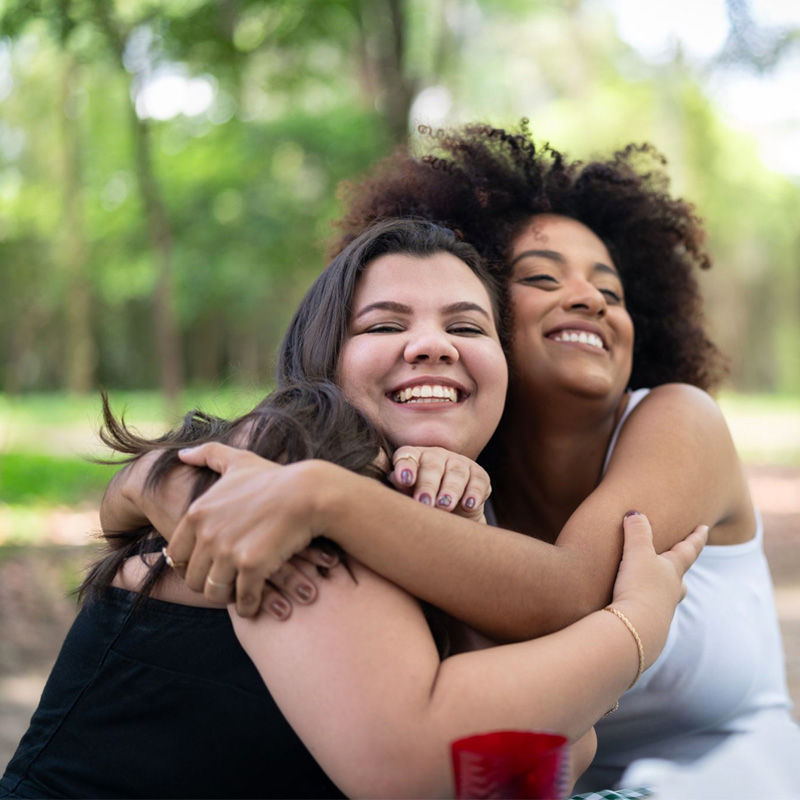This decade used a lot of words for emphasis that all meant the same thing. For example:
- Words that mean yes: Big time, cheeuh!, “no doy,” and “yes way.”
- Words that mean no: “No can do,” tough, and psych.
- Words that mean good: Stellar, wicked, fantabulous, bodacious, and schweet.
- Words that mean “more of”: Mega, totally, and major.
Other common words and phrases used in the 1980’s were:
- “Bag your face”: An insult calling somebody ugly.
- “Barf me out”: A statement that something disgusts you.
- Blar: disgust
- Clydesdale: Somebody who is large and unattractive.
- Mall-maggot: An unpleasant person who hangs out at a mall.
- Narbo: An idiot.
- Betty: An attractive woman. This word most likely came from the character Betty Rubble on The Flintstones.
- Brill: A word short for “brilliant.”
- B-Boy: A term referring to a male who performs breakdancing.
- Cold lampin’: Relaxing at home or laying low.
- Extra: An adjective to describe somebody who is trying too hard or is being over-the-top. This word’s definition has more recently changed to mean “doing the absolute most for no reason.”
- Adulting: When somebody is behaving like an adult by taking care of everyday tasks like laundry, errands, and bills.
- Flex: To show off.
- Lit: When something is lit, it means it’s exciting or excellent.
- To be shook: To be shocked, scared, unable to cope, or to be shaken up.
- Fam: Short for “family.” It refers to a person or group of people who are close friends.
- Bromance: A close friendship between two men.
- Mood: Used to express that something is relatable. It’s another way of saying “same” when in agreement.
These are just some examples of slang and how it’s developed over the years. What are some funny phrases you remember learning while growing up?
Sources:
https://grammar.yourdictionary.com/slang/history-of-american-slang-words.html
https://www.insider.com/best-slang-words-2010s-we-love-2019-11#extra-1
https://justenglish.me/2014/05/05/53-slang-terms-by-decade/
Wikipedia.org
https://www.merriam-webster.com/dictionary/dictionary








